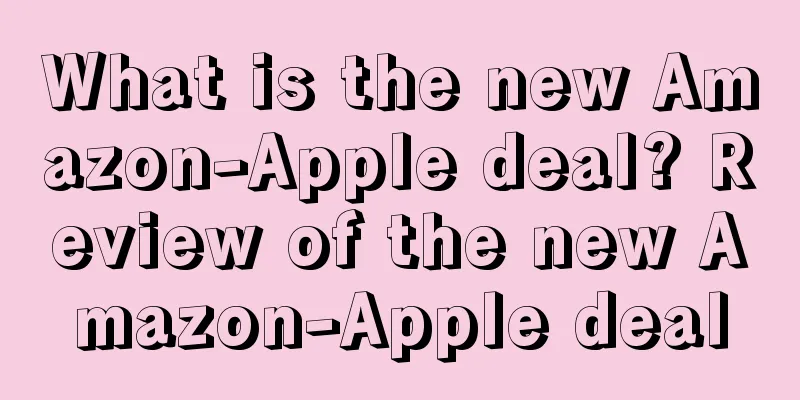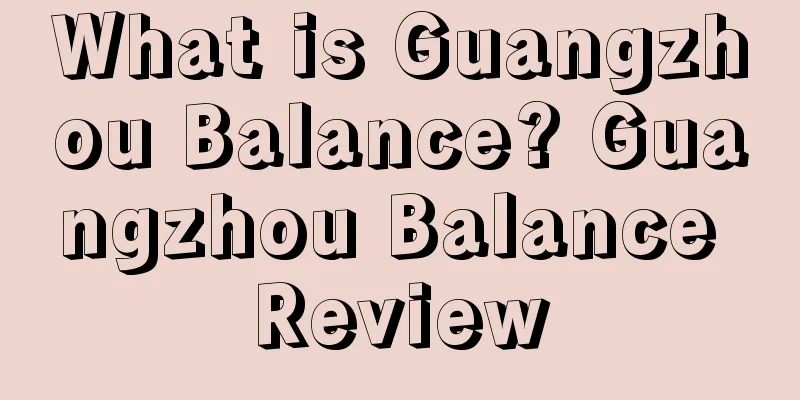|
In the past two days, HM's boycott of Xinjiang cotton has caused a lot of controversy, and this incident has also involved many foreign brands that have the same behavior as HM. They have become the targets of national "condemnation", and the impact of the incident is unprecedented. However, just as the anger of the domestic people has not yet subsided, Amazon once again became a hot topic on Weibo. As a well-known e-commerce platform covering the world, it has also been involved in the "muddy water" of boycotting Xinjiang cotton. Amazon will ban all Chinese cotton products
This afternoon, a post on Weibo attracted widespread attention from netizens: "Some netizens discovered that Amazon in the United States has removed all Chinese cotton products from its shelves."
In the Weibo post, a netizen posted that Amazon’s US site has banned all cotton fabrics from China, and released a screenshot of an Amazon email.
The screenshot of the email shows: This product has been removed in accordance with US law regarding products containing Xinjiang cotton or tomatoes. We took this action because the product is not allowed to be sold on Amazon.
As soon as the news came out, the sellers were immediately in an uproar. Some complained that Amazon was shameless, some questioned the authenticity of the news, and more sellers were worried about whether clothing and textile products could continue to be sold on Amazon in the future.
In the comment section of the original Douban post, netizens also expressed their anger.
It is reported that in addition to Amazon, Wayfair, a well-known American home furnishing e-commerce platform, has also notified sellers that it firmly opposes all forms of forced labor and requires sellers to clarify their supply chain relationships. Between the lines, they all reveal their "disdain" for Xinjiang cotton.
In addition, there is a screenshot that is also widely circulated in the seller communication group. The content is a notice received by textile and clothing foreign trade companies in Shanghai, Jiangsu, Zhejiang and other places from American buyers, asking them "not to use Xinjiang cotton" and that the clothing and textiles in their orders must not contain "any Xinjiang cotton ingredients."
In addition to not being able to use Xinjiang cotton, the above-mentioned foreign trade companies are also required to submit the following documents: - The certificate of origin must indicate the customer's purchase order information and the address of the factory where the goods are produced.
- The seller self-guarantees that Zhongming's export products do not contain cotton from this region.
- Cotton raw silk purchase order and invoice.
- Cotton thread purchase order and invoice.
- Cotton purchase order and invoice.
- Any additional documentation required to comply with U.S. Customs orders.
So far, the behavior of the above-mentioned foreign e-commerce platforms has aroused dissatisfaction among many cross-border sellers and foreign trade personnel. Whether in forums or in seller communication groups, sellers can be seen everywhere criticizing them.
"A war without gunpowder! This is a comprehensive crackdown on China's textile industry. Our country cannot be weak any longer." "See the situation clearly, give up illusions, and be prepared." "Resolutely boycott ugly foreign brands!" However, this news came too suddenly, which made people doubt the authenticity of the information. At the same time, some sellers of clothing categories told us that their products had not been removed from the shelves. So is this news groundless or is someone deliberately trying to lead the trend?
Is the information true or is it just being led by someone?
It is understood that the United States issued a relevant ban as early as last year. On December 2, 2020, the U.S. Customs and Border Protection (CBP) officially announced the ban, requiring all ports of entry to detain cotton products and any similar products produced by the Xinjiang Production and Construction Corps. Only when importers can prove that these goods did not use "forced labor" in the production process can they be released. Although there have been signs before, it does not mean that Amazon has begun to boycott Chinese cotton products. The feedback from many sellers also makes the matter full of doubts. Some sellers searched keywords on Amazon and found that Amazon did not remove Xinjiang cotton products from the shelves, and said that this matter was manipulated by someone with ulterior motives.
Some sellers also claimed that they had not received any notice to remove the cotton products they sold, and that this was fake news.
However, there are still sellers who believe that the content of the email is correct, and this email also appears in the background.
There were many different opinions at the moment, and Amazon has not yet made any official statement as to where the truth lies. In addition, there is another claim that the content of this email is a ban order issued by the Trump administration in January this year: The U.S. Customs and Border Protection (CBP) announced on January 13 that it would detain cotton and tomato products produced in Xinjiang at all U.S. ports of entry. This "temporary detention order" applies to raw fibers, clothing, textiles made from cotton grown in Xinjiang, as well as canned tomatoes, sauces, rice dumplings and other tomato products from Xinjiang, even if the related products are processed or manufactured in a third country. Some sellers speculated that this email was sent in January this year, and said that a large number of sellers had been affected at that time. The reason why most of these products were removed was that Xinjiang cotton was mentioned in the title and description.
It is reported that in January this year, the U.S. Customs and Border Protection (CBP) has detained 43 batches of goods containing Xinjiang products, with a total value of more than 2 million U.S. dollars.
Although this news has not been officially confirmed, sellers should also take precautions. It is recommended that sellers who sell related products delete sensitive words in batches in advance, or replace them with cot*on. Finally, regardless of whether Amazon or other e-commerce platforms boycott Xinjiang cotton, Chinese sellers must insist on defending the bottom line of national interests. Let us support China and Xinjiang cotton together!
Editor✎Yixin / Statement: This article is copyrighted and may not be reproduced without permission.
| 









